
Invitation for proposals
The Engineering and Physical Sciences Research Council (EPSRC) has up to £1.5 million available through the Engineering Theme to provide bespoke support to EPSRC researchers in our community to undertake public engagement activities in order to inspire, and interact with the public as well as attract them to Engineering and Physical Sciences.
£1.5m is available to support up to 10 Champions through this call. Applicants must have been named on an EPSRC grant within the last 5 years. Applications are invited from all career stages.
It is expected that applicants will be active researchers in engineering and physical sciences, however this funding is to support public engagement activities to sit alongside core research. These activities could include, but are not limited to, engagement with individuals of particular protected characteristics who may be underrepresented in engineering, education sector stakeholders or government representatives.
Through this call resources can be requested to cover staff time, overheads, and consumables associated with public engagement and wider outreach activities. Applicants can apply for between 0.2 to 0.5 FTE for up to 24-36 months.
Applicants will be expected to evaluate the impact of their activities and include a one page summary of their approach to evaluation in the proposal document.
Funding for technical research is not available in this call, please refer to standard routes for this funding.
EPSRC will work in partnership to deliver specific training and networking opportunities for applicants funded through this call.
Resources
Funding Available
This call is the first stage to fund a £20 million Research and Innovation Centre as part of the Industrial Strategy Challenge Fund (ISCF) Industrial Decarbonisation Challenge. This call will provide £100,000 of funding for one successful Industrial Decarbonisation Champion six month grant followed by one £19.9 million Research and Innovation Centre which will be funded until 31 March 2024.
How to apply
This is the first of a two stage application process. Applicants must submit an initial proposal by 22 October 2019 via Je-S with the successful candidate being invited to develop a full proposal and submit via Je-S by 06 July 2020. Only the successful applicant will be invited to submit to the second stage as Principal Investigator. Other applicants may be part of the second stage as Co-Investigators.
Stage 1
ISCF Industrial Decarbonisation Research and Innovation Centre – Champion call – Aimed at identifying a Champion for Industrial Decarbonisation and building a multidisciplinary consortium with six months of funding.
Stage 2
ISCF Industrial Decarbonisation Research and Innovation Centre call – Invited stage for a full proposal for a virtual multidisciplinary research Centre. Its remit will include carrying out multidisciplinary research and cross-cutting activities such as carbon capture and storage, hydrogen, gasification, policy, economic, institutional and regulatory analysis, and knowledge exchange.
Funding for the Industrial Decarbonisation Champion and the Industrial Decarbonisation Research and Innovation Centre will be provided through the ISCF. Therefore, there are additional grant conditions and expectations as part of the funding which are fully detailed in the call document. The Champion will be accountable to the Industrial Decarbonisation Challenge Director who is responsible for the overall delivery of this ISCF Challenge.
Resources
Please contact Adam Morris (Engagement Officer) if you would like advice on submitting your application.
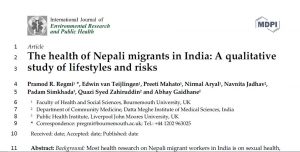 Today the International Journal of Environmental Research and Public Health accepted our paper ‘The health of Nepali migrants in India: A qualitative study of lifestyles and risks’ [1]. The research in this paper was funded through Connect India is Bournemouth University’s Hub of Practice for the Indian subcontinent. It brought together a community of researchers, educators, practitioners and students, both at Bournemouth University and across the Indian subcontinent.
Today the International Journal of Environmental Research and Public Health accepted our paper ‘The health of Nepali migrants in India: A qualitative study of lifestyles and risks’ [1]. The research in this paper was funded through Connect India is Bournemouth University’s Hub of Practice for the Indian subcontinent. It brought together a community of researchers, educators, practitioners and students, both at Bournemouth University and across the Indian subcontinent.

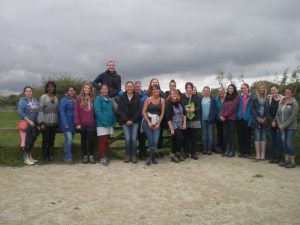
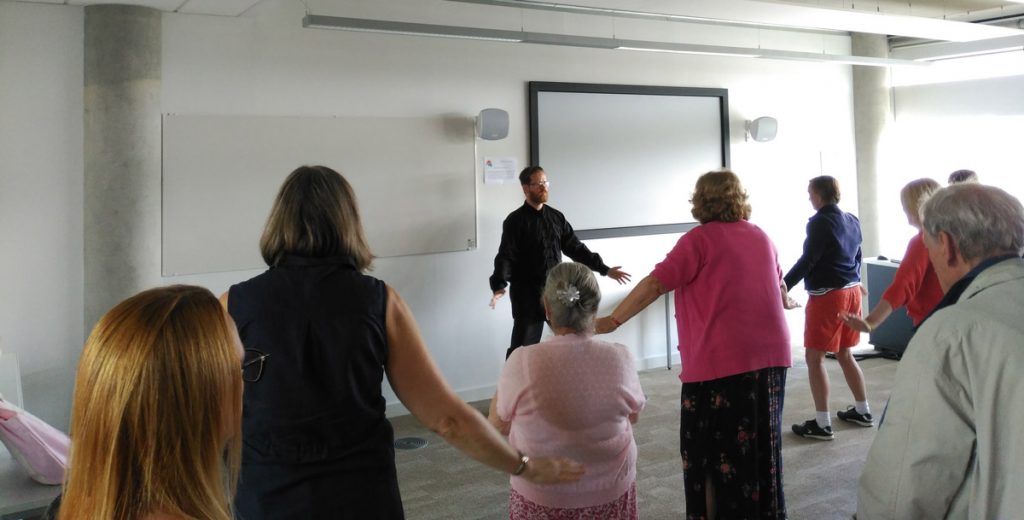


 Writing the impact section in a grant application can be challenging but a strong impact summary and description of the impact pathway/s can make all the difference between getting your research funded or not.
Writing the impact section in a grant application can be challenging but a strong impact summary and description of the impact pathway/s can make all the difference between getting your research funded or not.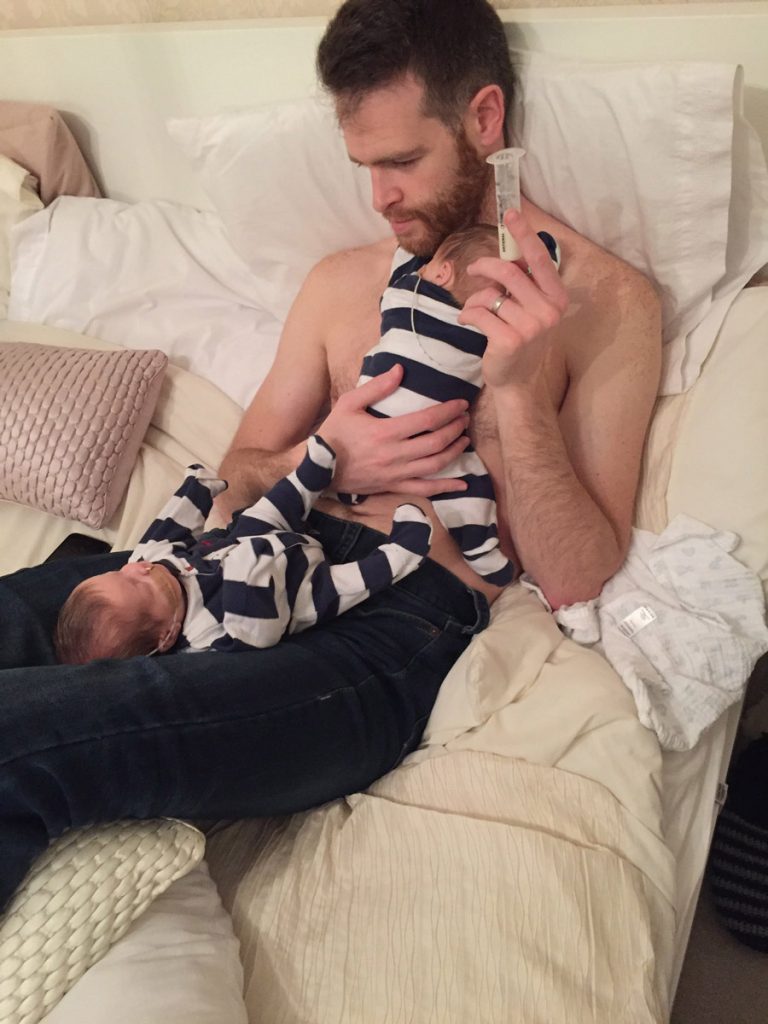

 The BU REF Circumstances Board has been established to oversee the individual staff circumstances process for REF 2021. This includes:
The BU REF Circumstances Board has been established to oversee the individual staff circumstances process for REF 2021. This includes:
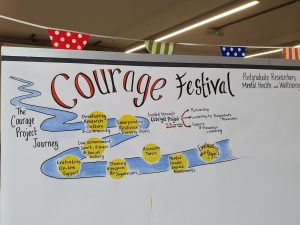
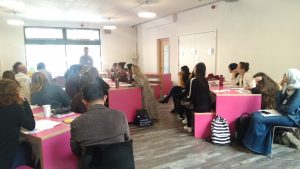
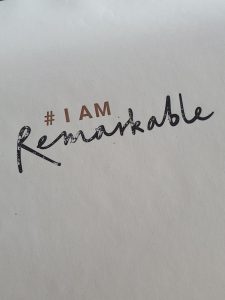
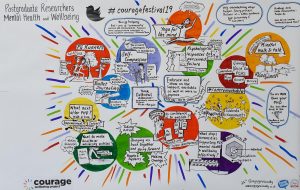

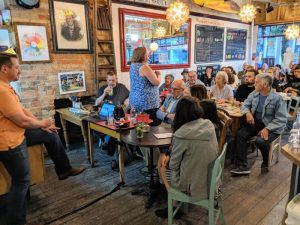
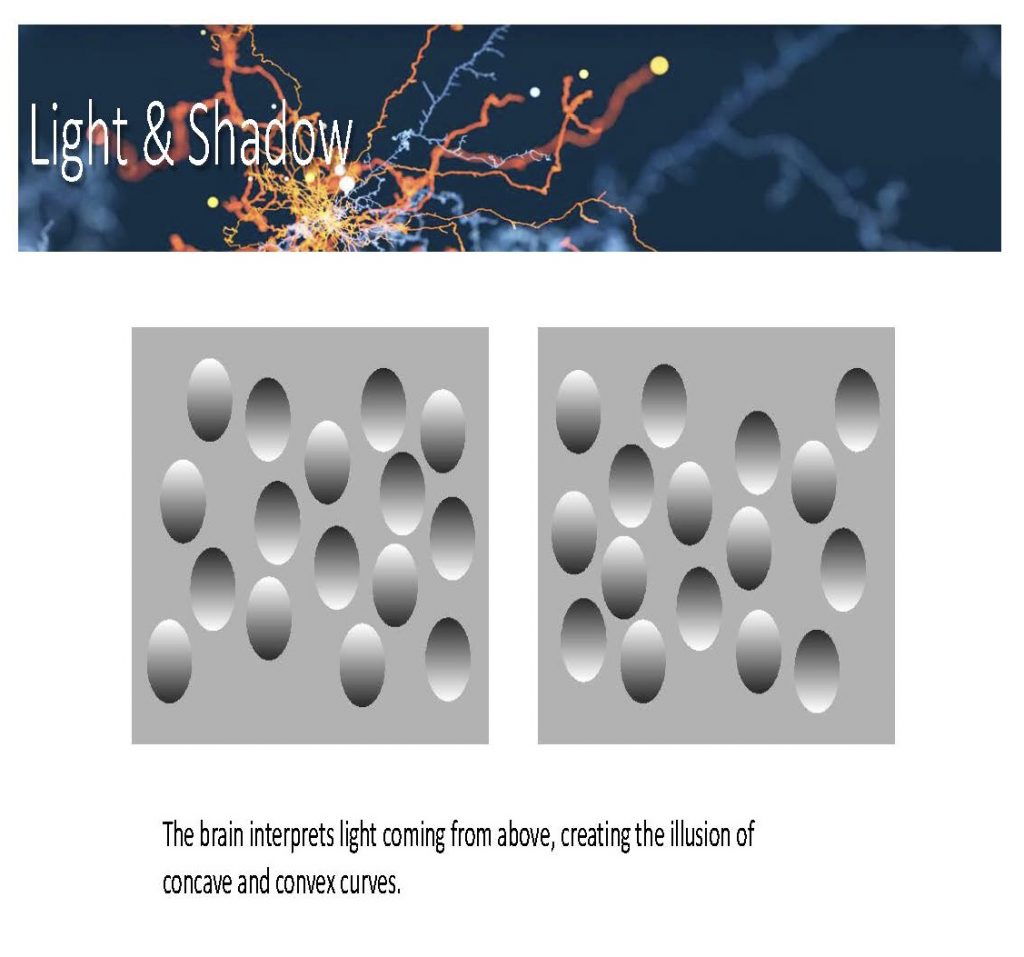 Tim and colleagues gave interactive demonstrations to show what state of the art eye tracking technology is capable of and also discussed how eye tracking is already being used and what the future may hold when eye tracking becomes more widespread, even embedded in our personal devices. In fact, in 2017 Apple purchased SMI (SensoMotoric Instruments) which manufactured eye tracking equipment, and as of this year there is a third party app,
Tim and colleagues gave interactive demonstrations to show what state of the art eye tracking technology is capable of and also discussed how eye tracking is already being used and what the future may hold when eye tracking becomes more widespread, even embedded in our personal devices. In fact, in 2017 Apple purchased SMI (SensoMotoric Instruments) which manufactured eye tracking equipment, and as of this year there is a third party app, 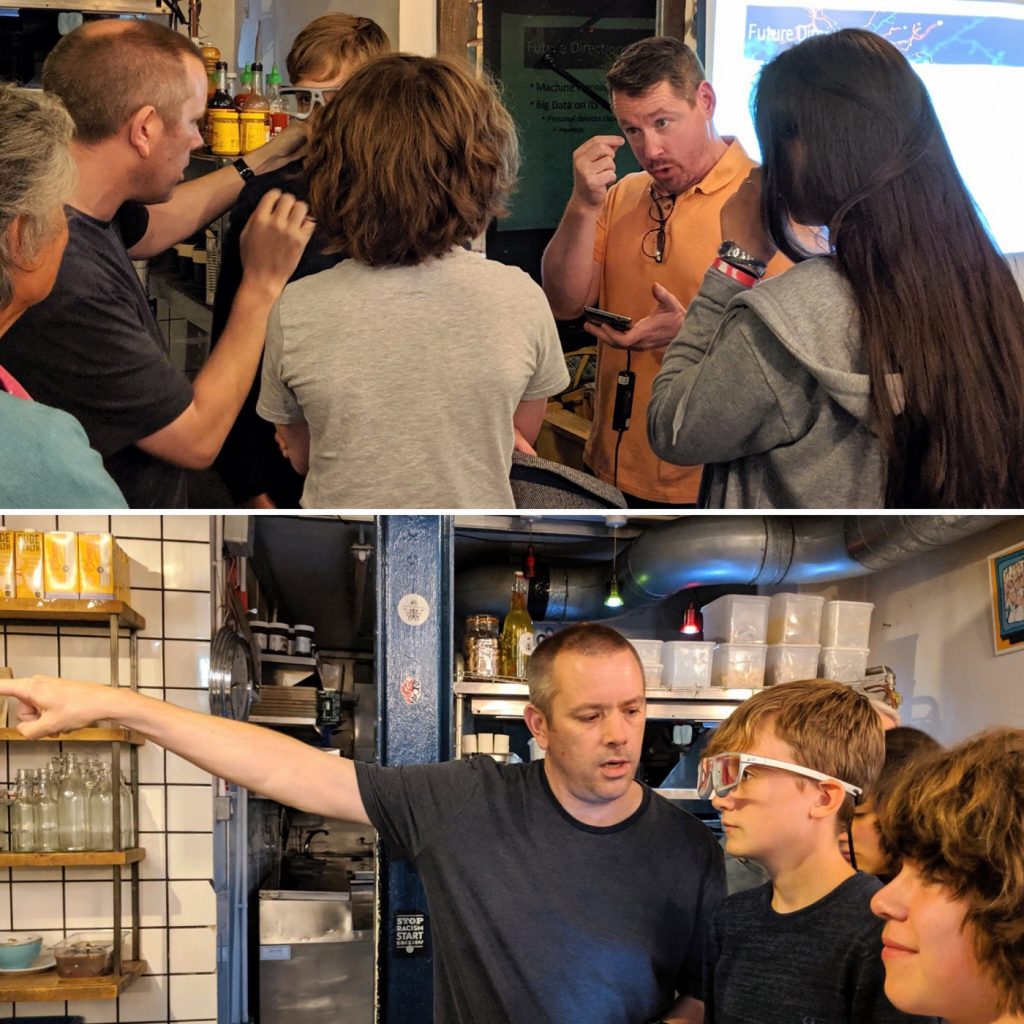












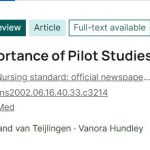 Paper with 160,000 reads
Paper with 160,000 reads The Month in Research: April 2024
The Month in Research: April 2024 BU Professor has been invited to a series of plenary and invited lectures.
BU Professor has been invited to a series of plenary and invited lectures. Research reaching non-academic audiences
Research reaching non-academic audiences April’s Café Scientifique – Should we help machines understand and respond to our emotions?
April’s Café Scientifique – Should we help machines understand and respond to our emotions? Apply for up to £1,000 to deliver an event and take part in a national festival of public engagement with research
Apply for up to £1,000 to deliver an event and take part in a national festival of public engagement with research MSCA Postdoctoral Fellowships 2024
MSCA Postdoctoral Fellowships 2024 Horizon Europe News – December 2023
Horizon Europe News – December 2023